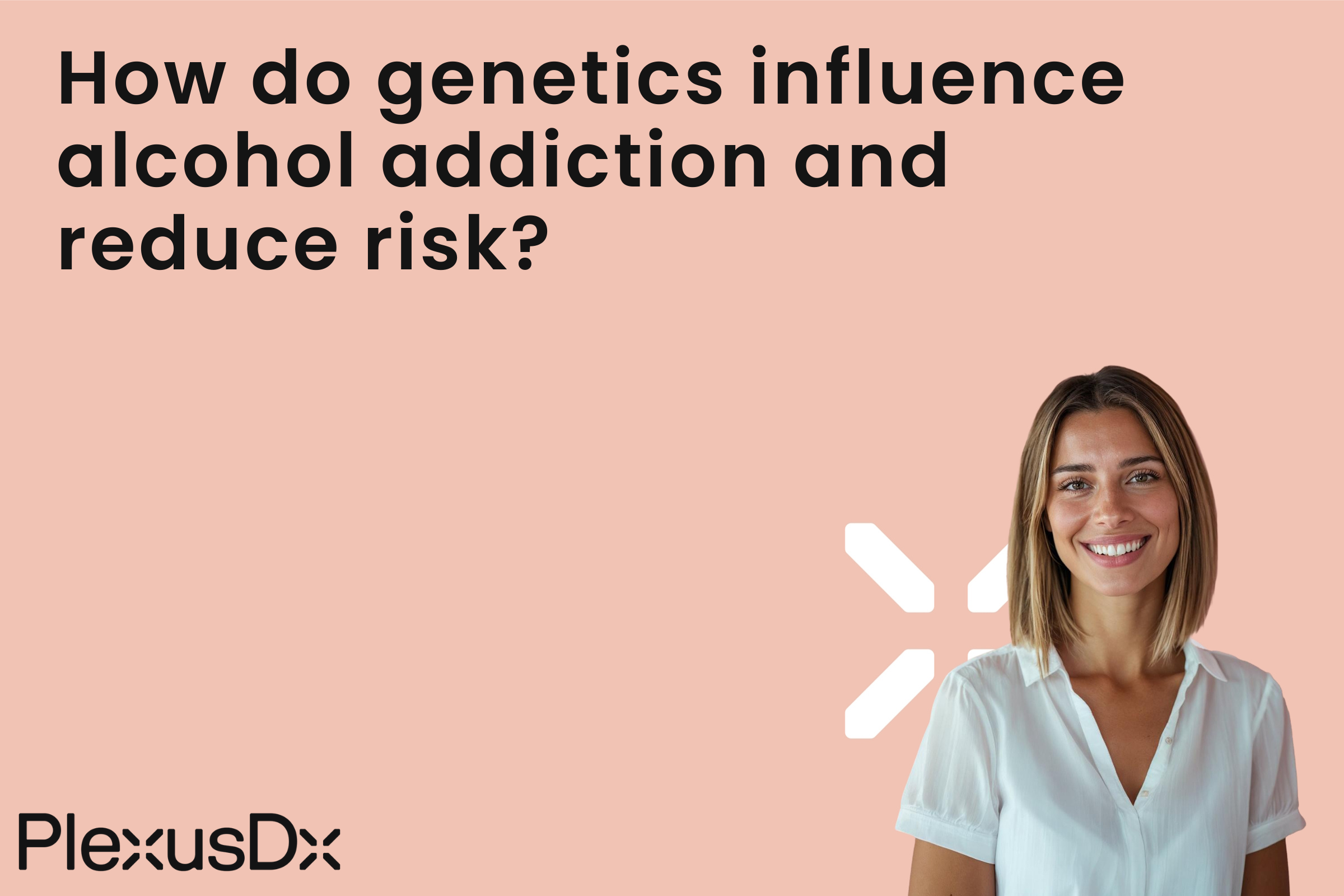Alcohol Addiction
The widespread issue of alcohol addiction exists across various cultures and causes serious health issues. While moderate alcohol consumption offers certain advantages, excessive drinking increases health risks and addiction potential over time. Developing successful treatments for alcohol addiction depends on understanding how genetics contribute to this condition. Genetic predisposition plays a crucial role in determining whether an individual will develop alcohol addiction. Scientific research indicates genetic components account for 50% of the variation in individuals' likelihood of developing alcohol addiction. Certain individuals face an increased innate risk of developing alcohol addiction due to their genetic makeup. Alcohol addiction emerges through both genetic factors and several other risk factors. The risk factors leading to alcohol addiction include psychological disorders like anxiety and depression, as well as early traumatic experiences, early-age binge drinking, continuous long-term drinking patterns, and socio-cultural environmental influences. Treating alcohol addiction requires a comprehensive assessment of all contributing factors. Alcohol addiction identification becomes challenging because people with this condition experience powerful cravings for alcohol and fail to control their drinking habits. Individuals with alcohol addiction persist in drinking alcohol despite experiencing major difficulties at work and in personal relationships, as well as physical health issues. Experiencing emotional distress along with daily activity disruption due to alcohol consumption may be a sign of addiction. The severe health complications associated with alcohol addiction lead to damage across multiple bodily organs and systems. Heavy alcohol consumption over long time spans produces pancreatitis symptoms together with heart disease and stroke conditions, liver disease formation, mental health disorder emergence, physical injuries, birth defects during pregnancy, and increased cancer risks. The combination of alcohol with substances like cannabis or opioids serves to increase known health dangers. People who suffer from alcohol addiction need to look for professional treatment assistance right away. Detox and withdrawal programs, along with support group participation and counseling sessions, make up the treatment spectrum for alcohol addiction, which also includes medications for cravings and withdrawal symptom control. Healthcare providers determine optimal treatment methods through analysis of individual needs and personal circumstances. Individuals genetically vulnerable to alcohol addiction can lower their risk by following certain preventative measures. People can decrease their innate genetic predisposition to alcohol addiction by adopting new mental health management techniques and behavior pattern changes while addressing their previous trauma experiences. Successful risk management happens when people combine dietary changes and lifestyle modifications with professional guidance and treatment evaluation. The study of genetic bases for alcohol addiction continues to be essential for addressing this complex issue. People who understand their genetic risk factors and treatment options can proactively address their alcohol addiction. Individuals battling alcohol dependence need to seek vital assistance and guidance from healthcare experts. Get tested with PlexusDx Precision Health & Wellness tests to discover your genetic predispositions that enable you to make informed health decisions for your wellness. Take control of your mental and cognitive health by addressing genetic risks today.

Share:
What health outcomes linked to rs1805087 A2756G allele in MTR gene?
Effects of IL-23R gene variations on immune health and autoimmune disorders?